Search

Organophosphate Insecticides Under Continual Review by the Environmental Protection Agency
Recent moves by the EPA to limit or prevent the use of organophosphate insecticides present challenges for growers seeking effective pest control. So, what is motivating these changes, and what do they mean for producers?
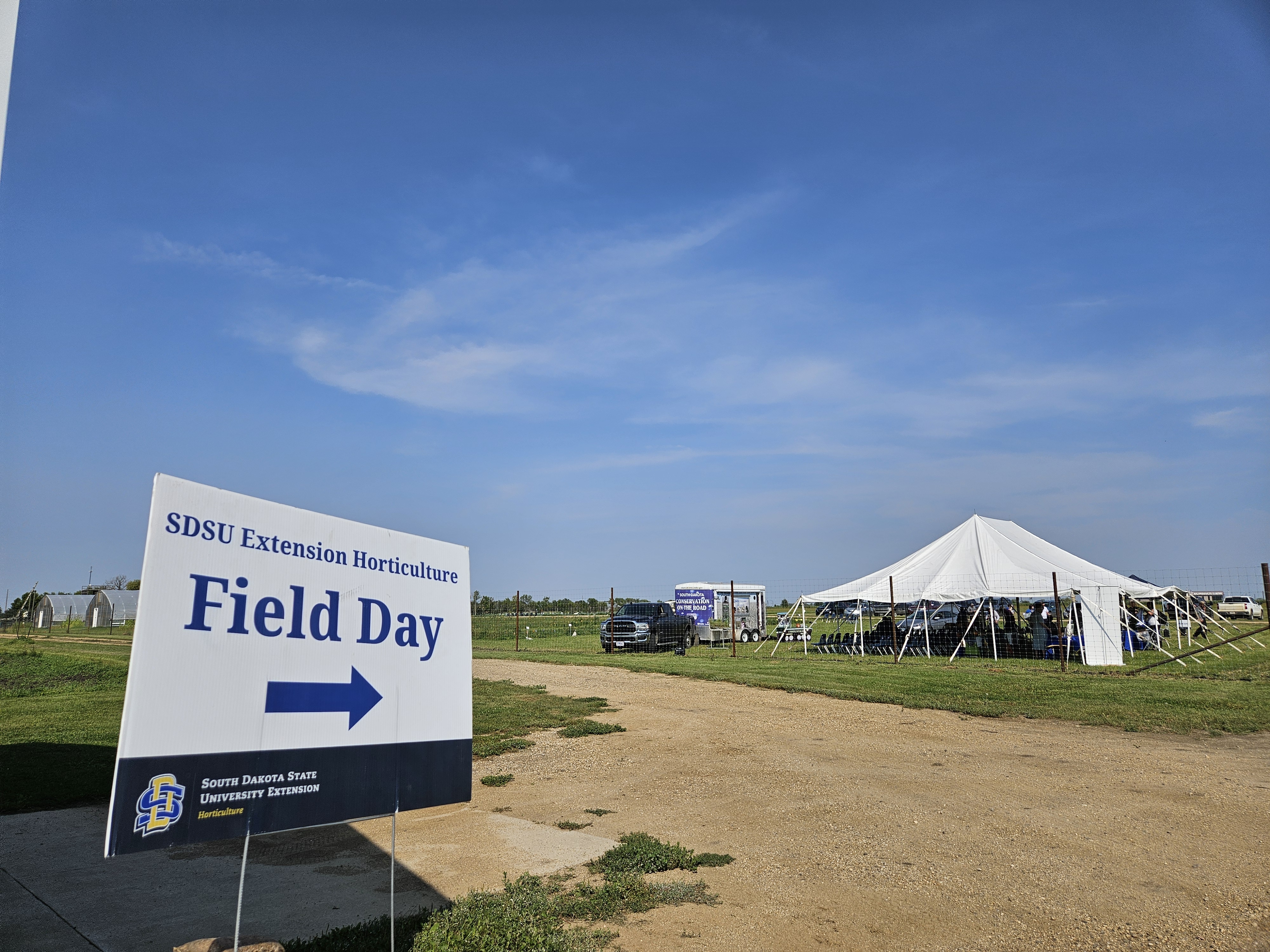
SDSU Extension hosts 5th annual Specialty Crop Field Day
July 24, 2025
South Dakota State University Extension is pleased to announce its fifth annual Specialty Crop Field Day at the SDSU campus in Brookings.
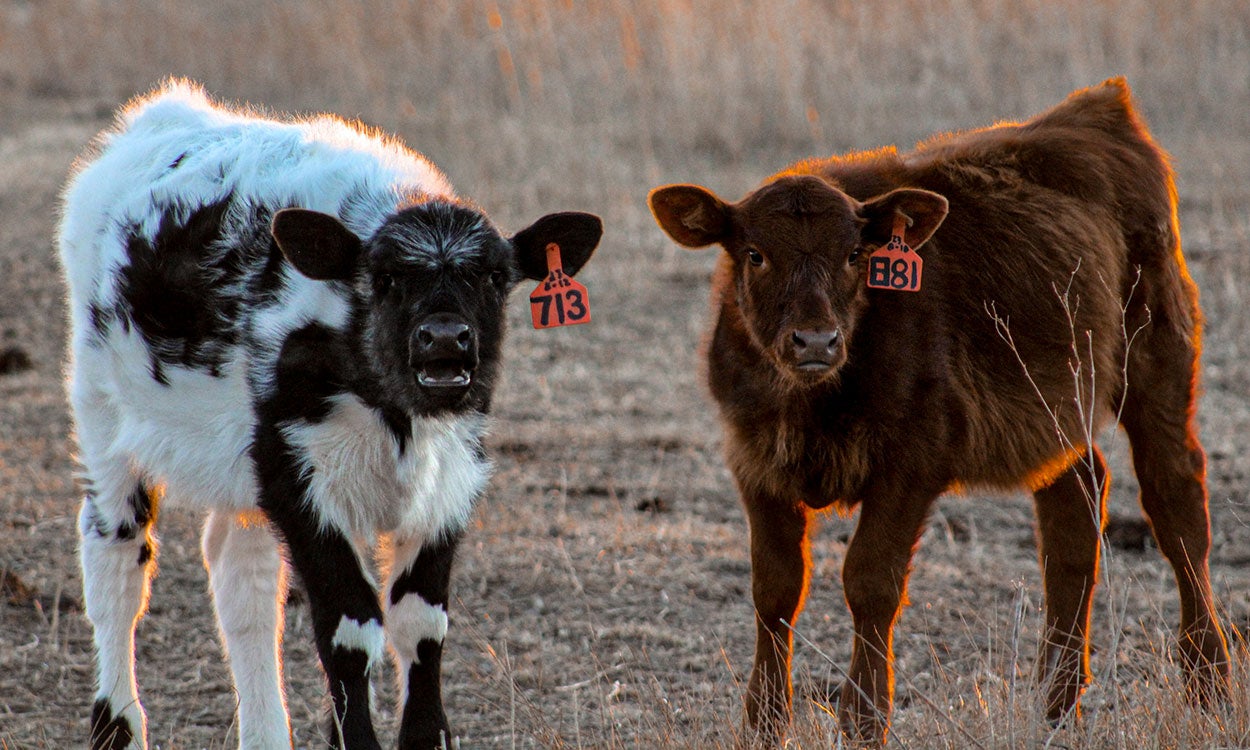
Combatting Drought Conditions With Early Weaning
Producers experiencing drought conditions should consider early weaning to reduce fall grazing pressure and facilitate some pasture recovery before dormancy.
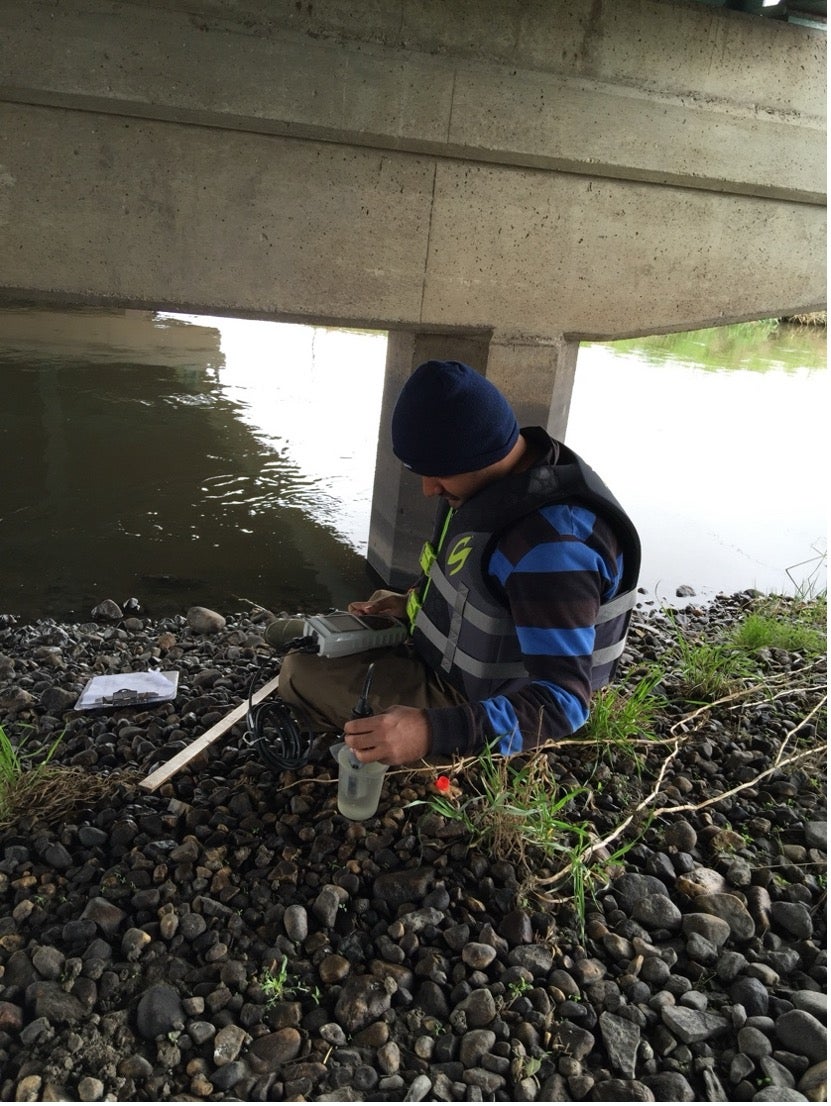
SDSU Extension hopes to empower South Dakotans through water use survey
March 18, 2025
Sushant Mehan wants to know what South Dakotans think about water. Mehan, assistant professor in the Department of Agricultural and Biosystems Engineering and South Dakota State University Extension Water Resource Engineer Specialist, is researching water in various ways, including how water affects plant growth and what the future of crop production looks like across the Great Plains as moisture levels fluctuate.
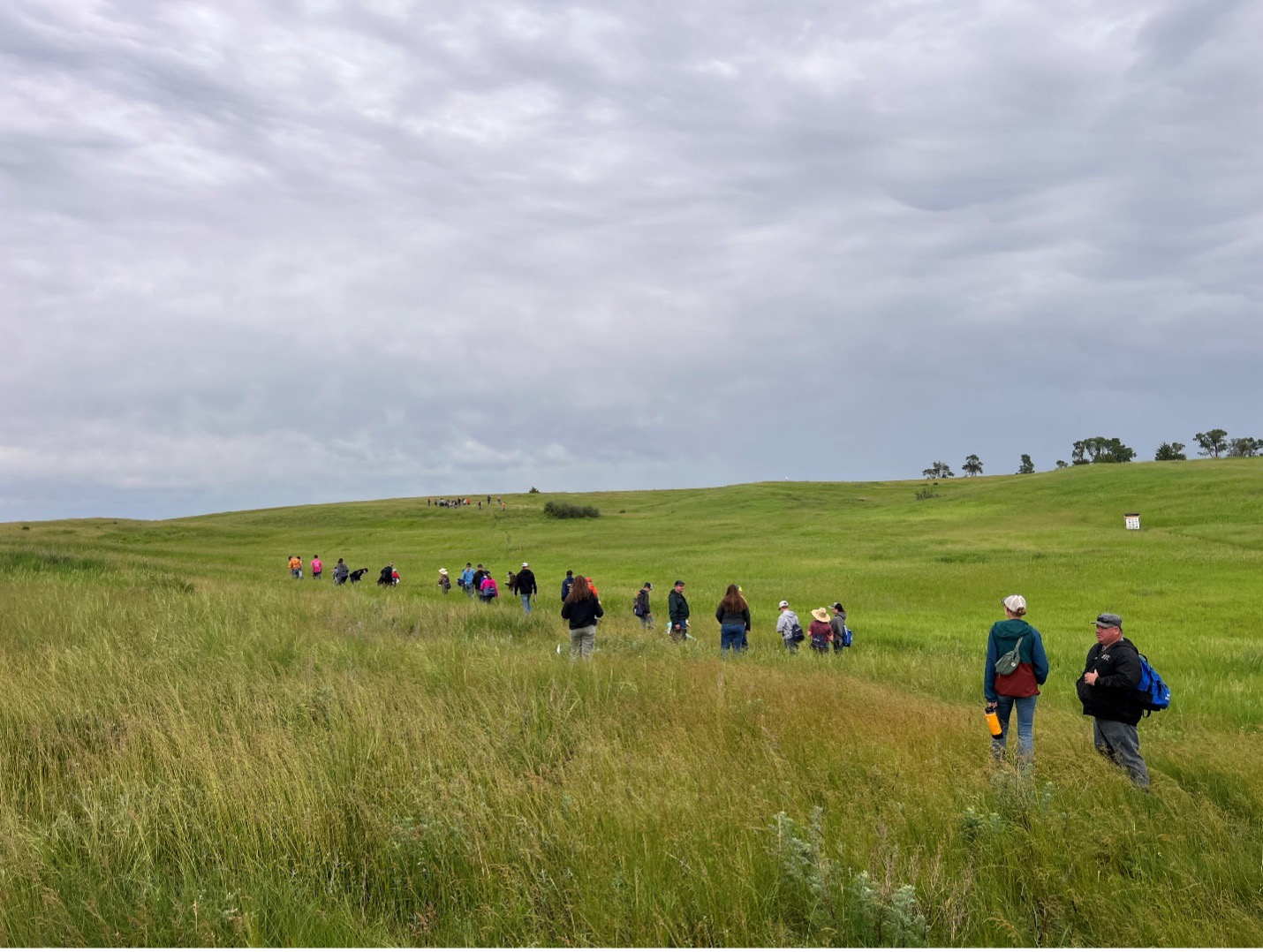
2025 Rangeland and Soil Days for youth is June 10-11 in Belle Fourche
March 20, 2025
The 41st annual Rangeland and 20th annual Soil Days for youth is June 10-11, 2025, at the Belle Fourche Community Hall.
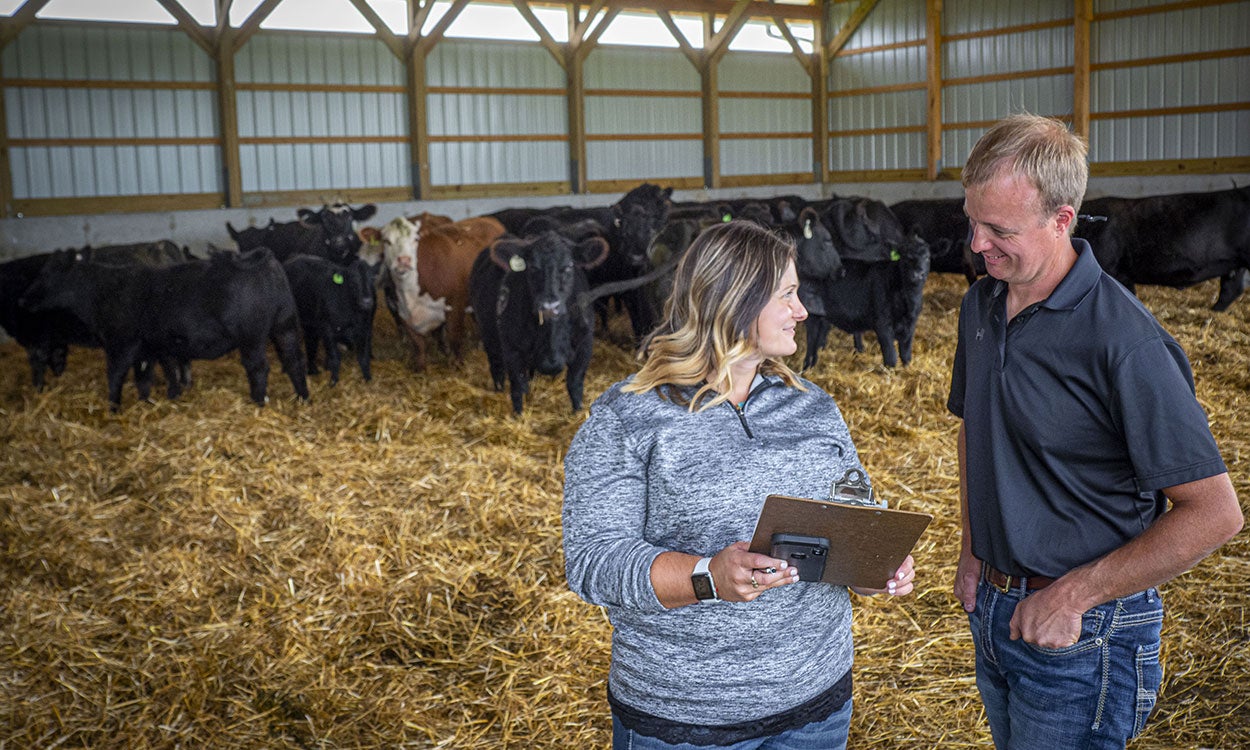
How Does Your Herd Measure Up?
Female herd longevity is important for beef producers. Since foot and udder problems can be genetic, tracking scores can help producers make informed management decisions for herd females.
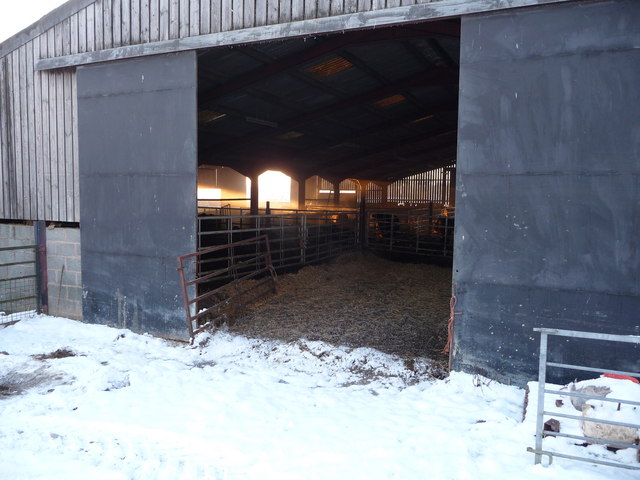
How Often Should You Check Cows During Calving Season?
The routine “calving check” is one of the most important tasks on the list of beef cattle producers during calving season.
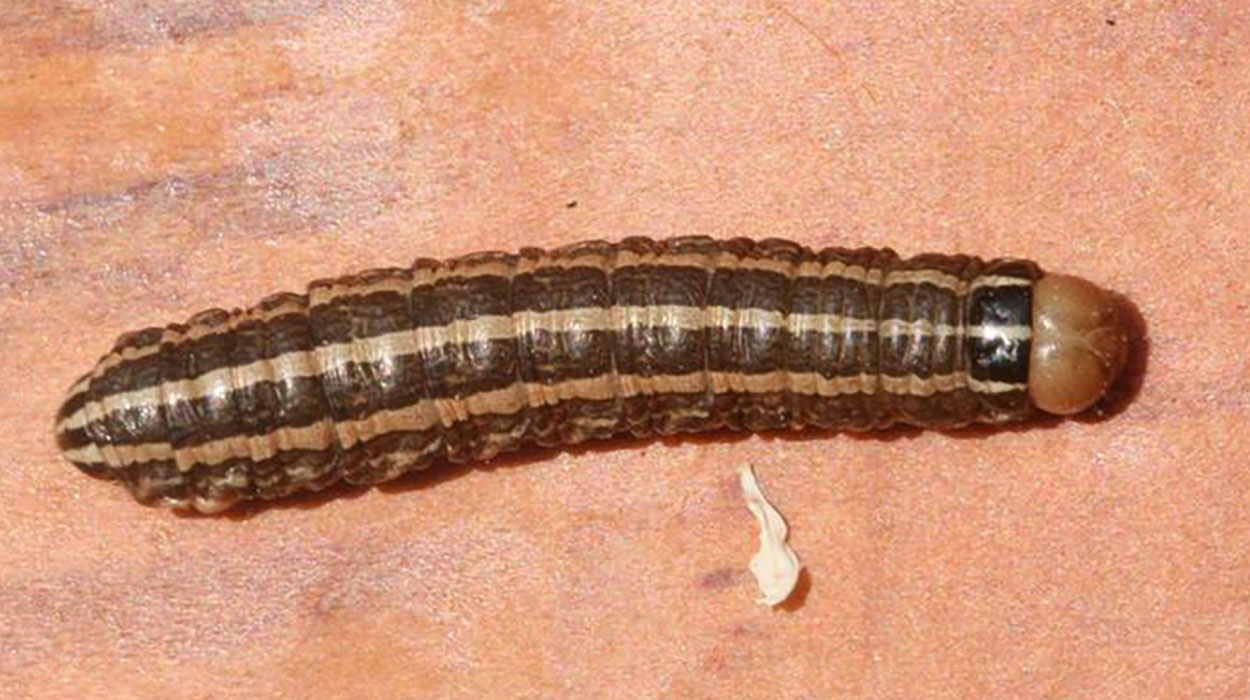
Bronzed Cutworms Are Active
Bronzed cutworms can damage turf by clipping blades of grass close to the soil surface. Feeding by bronzed cutworms in lawns will result in small, brown circular patches, and large populations can result in extensive lawn injury.
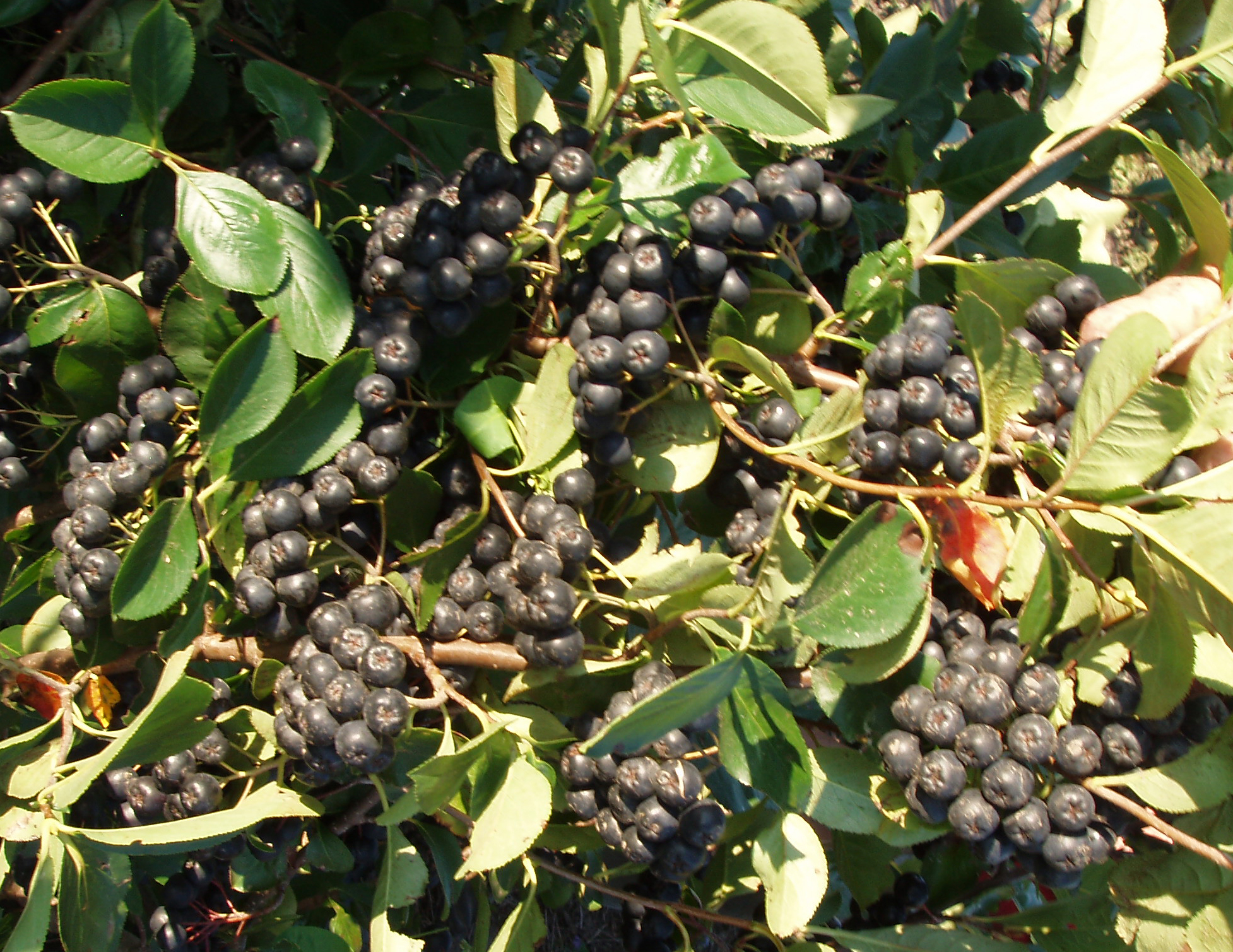
Soil Testing for Vineyards in South Dakota
Not all soils are conducive to growing quality grapes, so prospective vineyard sites should be tested before a decision is made to plant grapes. Tests can identify soils that are either too high in pH, salts, or salinity, or that are “too rich” (too high in organic matter and nitrogen) for grapes. In addition, testing before planting allows for the incorporation of nutrients—such as phosphorus—that do not move easily through the soil to plant roots.
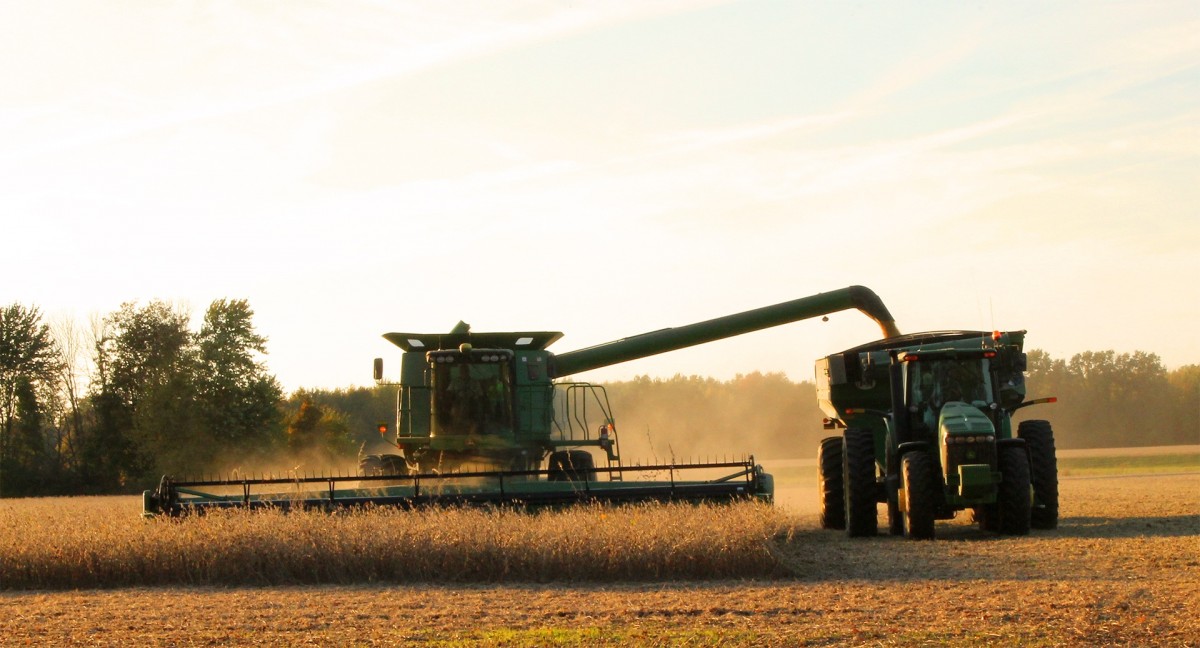
Harvesting For Maximum Soybean Yields
Numerous studies have been conducted over the last 40 years on soybean combine losses which show that yield loss can be as high as 15 percent.